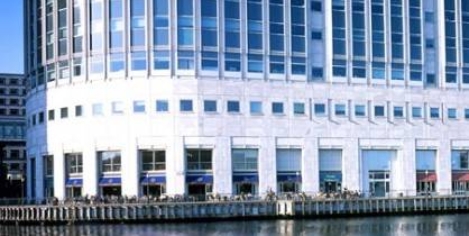January 10, 2017
A unity of opposites at Sky Central 0
 It’s drummed into us from an early age that we can’t have it all, as a result we consider choices as being a binary either/or situation. The workplace design brief (where it’s actually undertaken, an entirely separate discussion) positions choices similarly – open or closed, focussed or collaborative, modern or traditional – the decision point existing along a sliding scale from one natural extreme to the other. Yet there is a way to consider workplace design as an attempt to achieve the “unity of opposites”, an idea proposed by the pre-Socratic aphoristic philosopher, Heraclitus, the original thinker on change. This holds that the existence of an idea is entirely dependent on the existence of its opposite, that one cannot exist without the other. The framework is considered here in its application to the recently completed Sky Central in Osterley (West London), a newly constructed 38,000m2 NIA activity-based workplace over three floors that is home to 3,500 of the total 7,500 people on the Campus. It may be considered as tool for aiding workplace brief development, or for understanding how a workplace has been conceived and functions.
It’s drummed into us from an early age that we can’t have it all, as a result we consider choices as being a binary either/or situation. The workplace design brief (where it’s actually undertaken, an entirely separate discussion) positions choices similarly – open or closed, focussed or collaborative, modern or traditional – the decision point existing along a sliding scale from one natural extreme to the other. Yet there is a way to consider workplace design as an attempt to achieve the “unity of opposites”, an idea proposed by the pre-Socratic aphoristic philosopher, Heraclitus, the original thinker on change. This holds that the existence of an idea is entirely dependent on the existence of its opposite, that one cannot exist without the other. The framework is considered here in its application to the recently completed Sky Central in Osterley (West London), a newly constructed 38,000m2 NIA activity-based workplace over three floors that is home to 3,500 of the total 7,500 people on the Campus. It may be considered as tool for aiding workplace brief development, or for understanding how a workplace has been conceived and functions.


































December 23, 2016
Presenteeism doesn’t aid productivity, so employers should set workers free 0
by Mark Eltringham • Comment, Flexible working
(more…)